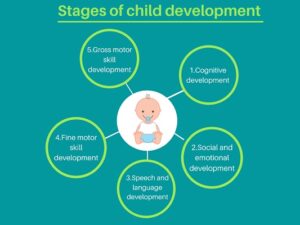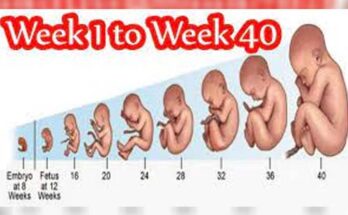The world-famous Soviet scientist Lev Semyonovich Vygotsky, who studied and gave ideas about the psychology of child development, was able to answer important questions about the upbringing and education of children, trying to make the pedagogical process as effective as possible. Largely thanks to the domestic researcher, child psychology was born and took shape as an independent science, which now goes hand in hand with modern pedagogy. Read our article on how Lev Vygotsky describes ideas about the psychology of child development.
How many times a day should a 4-5-year-old child eat? Portion sizes are basic features of the diet of a younger preschooler.
Vygotsky’s contribution to the development of child psychology
L.S. Vygotsky believed that the teacher should rely on psychological science. From this idea, a separate direction in social pedagogy called “pedagogical psychology” subsequently emerged. Therefore, a modern teacher should be a bit of a psychologist, and a child psychologist should know the basics of pedagogy.
The scientist managed to explain the peculiarity of the mental processes of the child, the laws of the cultural development of the individual, and the relationship of a small person with the environment.
And the developments of the Soviet researcher in defectology laid the foundation for correctional pedagogy, within which they are now working with special children. The scientist dealt with the problems of children with mental retardation, for whom special schools began to open in 1981.
Thanks to Lev Vygotsky, the understanding was established that upbringing is closely related to learning, and both processes imply collective activity.

In the psychological theory of Lev Vygotsky, among the key concepts, it is necessary to single out the zone of proximal development. This term, introduced into science by Vygotsky, refers to the prospect of immediate development, defined as the difference between the actions of a child that he could perform with the help of an adult, and the actions that he himself can now do. This zone, according to the scientist, is extremely variable, and individual, and has no clear boundaries. In addition, both adults and children, whether they are peers or older relatives, or acquaintances, have an impact on boundaries.
ZPD, or the zone of proximal development, is used in modern child psychology to determine the directions in which it is possible and necessary to work with the child.
Vygotsky’s main ideas on the psychology of child development
- The most intensive period of human development is the time interval from birth to seven years. At this stage, an independent unique personality with its own ideas about the world is gradually formed. The development of a child depends on several factors, including natural traits, social conditions, upbringing traditions, and psychological characteristics.
- The scientist called the game the main source of development at this age, proving how it affects the child’s speech, cognitive skills, and socialization. At the same time, he argued that too early start of education does not correspond to children’s abilities, and emphasized that it is also not worth being late with education.
- The process of education should not teach the child to adapt to the environment. The purpose of education is the formation of a full-fledged personality, which can go beyond its environment. A child should be able to educate himself, but this is only possible with proper upbringing by adults.
- A small person learns in cooperation with adults, assimilating ways of interacting with the world and subsequently applying the learned models to life situations. Therefore, at this stage, the role of an adult is especially important.
You may also like:- 12 Magical Tips: How To Stay Young At any Age Advice From Scientists


